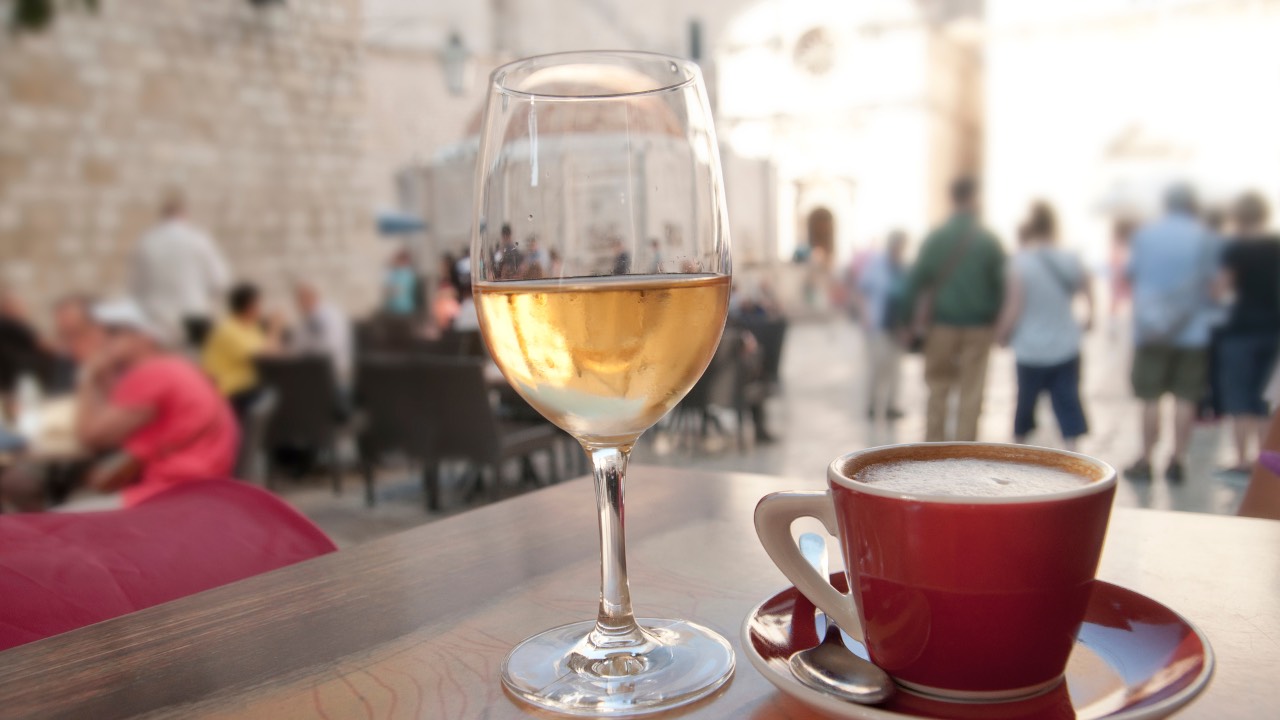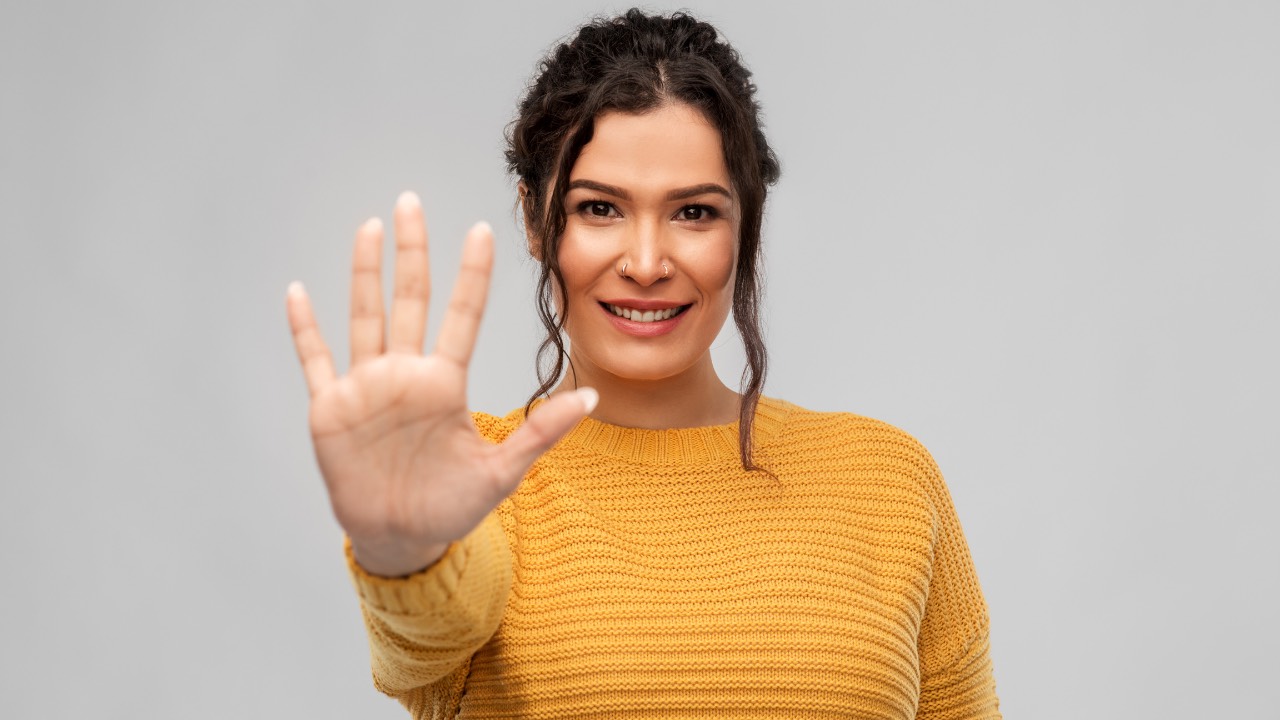What Nobody Tells You About Being the Only Sober Person (The Social Realities Nobody Mentions)
Sep 30, 2025
Everyone talks about how to handle questions about not drinking or what to order at the bar. But nobody mentions what it actually feels like to be the only clear-eyed person in a room full of people who are getting progressively more intoxicated. Nobody prepares you for the observations you'll make, the discomfort you'll feel, or the perspective shift that changes how you see social drinking forever.
Being the sober observer isn't just about managing your own choice, it's about witnessing drinking culture with new eyes and navigating the complex emotions that come with that awareness. By the end of this post, you'll understand the specific social realities of being alcohol-free in drinking environments, why these observations are normal and actually valuable, and how to process what you're experiencing without judgment toward yourself or others.
You'll Notice When the Energy Shifts (And It's Earlier Than You Think)
The first shock is realizing how quickly alcohol changes the atmosphere in a room. What starts as genuine conversation and authentic connection subtly shifts around drink two or three. People get louder, talk over each other more, repeat themselves without realizing it, and the quality of interaction changes from present engagement to slightly disconnected performance.
You'll notice the exact moment when your friend stops making eye contact as consistently, when your coworker's stories start circling back to the same points, or when the laughter becomes just a bit too loud for what was actually funny. This awareness can feel isolating - you're experiencing the evening on a completely different trajectory than everyone else.
What nobody tells you is that this observation isn't you being judgmental or self-righteous; it's simply what happens when you're not on the same chemical journey as everyone else. Your perception remains consistent while theirs gradually shifts. Understanding this helps you recognize that the growing sense of disconnect isn't about you doing something wrong or being boring. It's about existing in different states of consciousness.
Conversations Will Become Repetitive (And You'll Be the Only One Who Notices)
One of the most surprising observations is how circular conversations become after a few drinks. Someone will tell you the same story they told you twenty minutes ago, share the same opinion they already expressed twice, or ask you a question you've already answered. And they have no idea they're repeating themselves.
The first few times this happens, you might think you're going crazy or being too sensitive. But then you realize this is simply what alcohol does to short-term memory and conversational awareness. What feels like fresh, meaningful dialogue to the person drinking feels like an exhausting loop to the person who's sober.
This reality can make you feel lonely in social settings, even when you're surrounded by people you care about. You're having a completely different experience of the same event. Learning to gracefully redirect repetitive conversations or excuse yourself when the loops become tiresome isn't rude, it's recognizing that genuine connection isn't possible when one person's consciousness is significantly altered.
You'll See How Much Social Bonding Was Actually Shared Intoxication
Perhaps the most uncomfortable realization is discovering how much of what felt like deep connection in drinking relationships was actually shared intoxication rather than genuine compatibility or emotional intimacy. Without alcohol creating artificial warmth and lowered inhibitions, you might notice that some friendships feel hollow or forced.
You'll observe people who seem unable to have fun without alcohol, who don't know how to relax into conversation without a drink in hand, or whose personality changes so dramatically with alcohol that you wonder which version is actually them. This awareness can feel sad, frustrating, or even alienating as you question the authenticity of connections you valued.
The truth nobody prepares you for is that some relationships were primarily bonded through shared drinking culture rather than shared values, interests, or genuine emotional connection. This doesn't make those relationships completely invalid, but it does mean they might not survive your decision to change your relationship with alcohol. Grieving these connections while recognizing they weren't serving your authentic growth is part of the process.
People Will Confess Things They Won't Remember (And It Gets Awkward)
As the sober person, you become the unofficial confidant for drunk confessions, emotional revelations, and personal stories that the drunk person likely won't remember sharing. They'll tell you about relationship problems, work frustrations, family secrets, or personal insecurities with an openness that feels intimate in the moment but awkward the next day.
The challenge comes when you see them sober and they have no recollection of what they shared. Do you mention it? Pretend it didn't happen? Reference the conversation and watch them try to piece together what they said? There's no good protocol for this situation, and it happens more frequently than anyone warns you about.
This dynamic also reveals how alcohol creates false intimacy. People feel closer to you because they shared something vulnerable, but you know they likely shared it because they were drunk, not because they genuinely trust you or want that level of connection. Learning to hold these confessions lightly and not build expectations around drunk intimacy becomes a necessary skill.
You'll Watch People Make Decisions They'll Regret (And Feel Powerless)
One of the harder realities is watching people you care about make increasingly poor decisions as the night progresses—drinking and driving, texting exes, picking fights, making inappropriate comments, or engaging in behavior that's out of character for their sober self. You see it happening in real time, but you're often powerless to stop it.
The sober clarity that allows you to recognize these situations as problematic isn't shared by the people engaging in them. They feel fine, in control, just having fun. Your concerns might be dismissed as being uptight, judgmental, or not understanding that they're "not that drunk." This disconnect can be frustrating and occasionally frightening.
You'll also grapple with questions about your responsibility in these situations. Should you intervene? Take someone's keys? (YES!) Call them an Uber they didn't ask for? (Absolutely!!) There's a fine line between being helpful and being controlling, and you'll have to navigate that boundary repeatedly. What's clear is that being the sober observer often comes with an unwanted awareness of risks others can't or won't see.
The Evening Timeline Will Feel Completely Different
As the sober person, your energy and engagement naturally decline as the night progresses—not because you're tired of being alcohol-free, but because you're simply experiencing normal circadian rhythms while everyone else is artificially stimulated. Around 9 or 10 PM, you'll be ready to wind down while others are just getting started.
This creates a dilemma: leave early and potentially miss out or feel excluded, or stay and feel increasingly disconnected as the gap between your state and everyone else's widens. Neither option feels great initially. You might feel guilty about wanting to leave, worried that people will think you're not fun anymore, or frustrated that you can't just relax into the late-night energy like you used to.
Learning to honor your natural rhythms and leave when you're ready - without guilt or extensive explanations - is a crucial skill. You'll discover that most people barely notice your departure because they're engaged in their own intoxicated experience, and those who do notice typically understand and respect your choice more than you feared they would.
Your Tolerance for Drunk Behavior Will Dramatically Decrease
Behavior that seemed funny, endearing, or just normal when you were drinking alongside everyone else will start to feel annoying, concerning, or even obnoxious when you're observing it sober. The slurred speech, stumbling, overly loud laughter, inappropriate comments, and general messiness of intoxication becomes harder to tolerate when you're not participating.
This decreased tolerance can make you feel judgmental or like you've lost your sense of fun. You might worry that you're becoming boring, uptight, or unable to just relax and enjoy yourself. The truth is that your perception has simply changed. What you're seeing has always been there, but you're no longer experiencing it through the same altered lens.
The challenge is managing this awareness without becoming bitter, superior, or alienated from people you care about. Some drunk behavior is genuinely harmless fun that you can appreciate or at least tolerate. Other behavior crosses lines of safety, respect, or basic consideration. Learning to distinguish between the two and respond appropriately - sometimes with humor, sometimes with boundaries, sometimes by simply removing yourself - takes practice and self-awareness.
You'll Question Why This Is Normalized (And It Might Make You Uncomfortable)
Perhaps the most profound shift is stepping back and questioning why this level of intoxication is not just accepted but expected in so many social contexts. You'll start seeing alcohol's presence everywhere - workplace happy hours, family celebrations, networking events, even kids' birthday parties - and wonder when collective intoxication became the default social experience.
This broader cultural awareness can feel isolating because most people around you aren't questioning these norms. You might feel like you're seeing behind a curtain that everyone else is content to leave closed. This consciousness can make you feel separate, critical, or like you don't quite fit anywhere anymore.
The discomfort of this awareness is actually a sign of growth and developing your own values independent of cultural programming. You're not being judgmental for noticing these patterns, you're being observant. How you choose to engage with drinking culture going forward becomes a personal decision based on your values, not just automatic participation in what everyone else is doing.
Being the only sober person in drinking environments reveals truths about alcohol culture that are easier to ignore when you're participating in it. These observations can feel uncomfortable, isolating, or even alienating as you recognize patterns and dynamics that used to feel normal or even enjoyable.
The important thing to understand is that what you're experiencing and noticing is valid. You're not being judgmental, uptight, or boring because you're observing these social realities clearly. You're simply seeing what's always been there without the filter of your own intoxication softening the edges or keeping you on the same consciousness trajectory as everyone else.
These observations become easier to navigate over time. You'll develop strategies for managing the disconnect, learn when to stay and when to leave, and discover which social environments and relationships authentically work for your alcohol-free life. The initial discomfort of being the sober observer eventually transforms into clarity about what kind of connections and experiences actually serve your authentic growth.
Your specific social style, personality, and values will determine how you navigate these realities. Some women become comfortable in any drinking environment with the right strategies. Others choose to limit their time in heavy drinking settings. Neither approach is right or wrong. What matters is understanding yourself well enough to make choices that honor your comfort while maintaining connections that matter to you.





